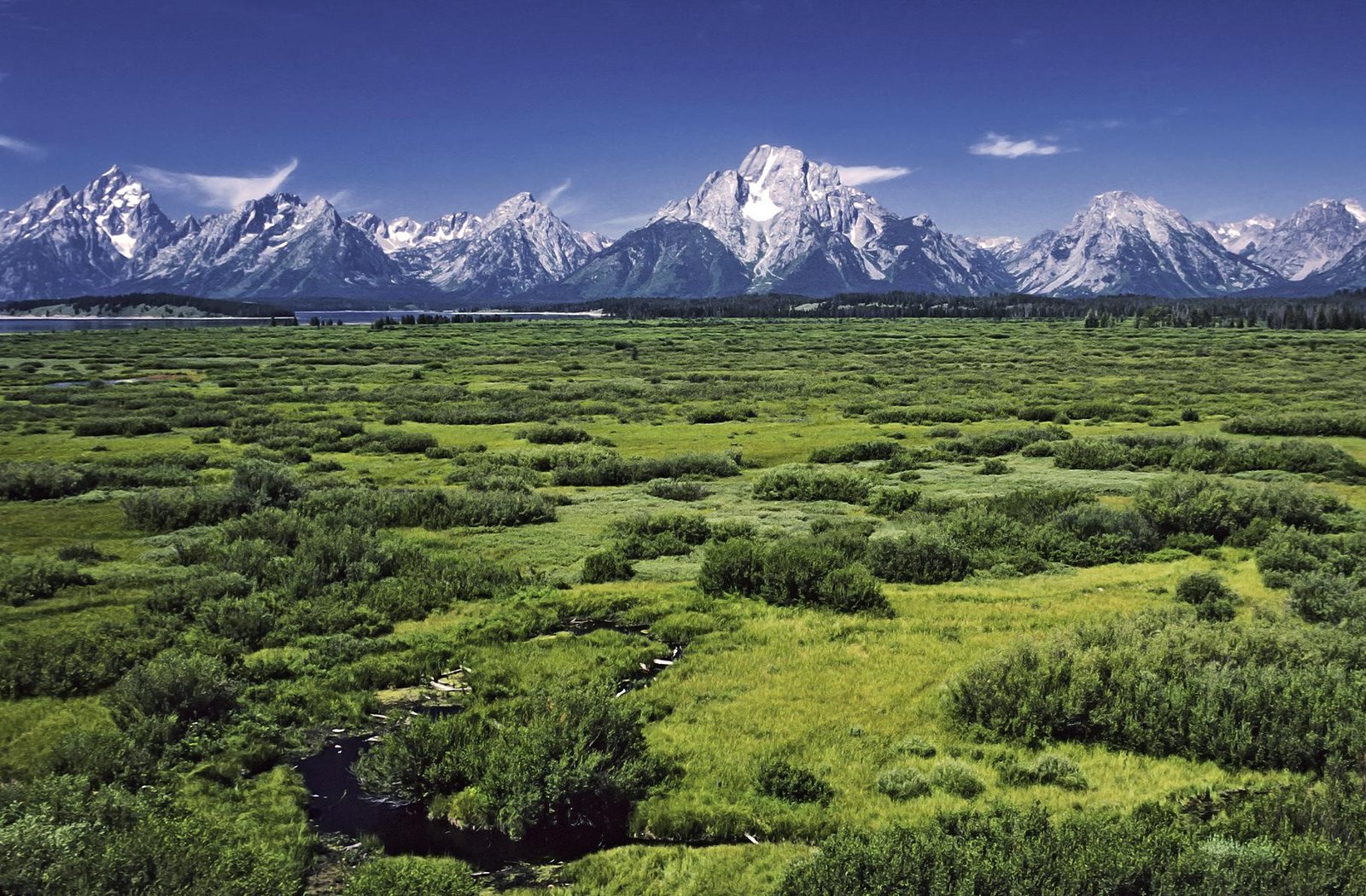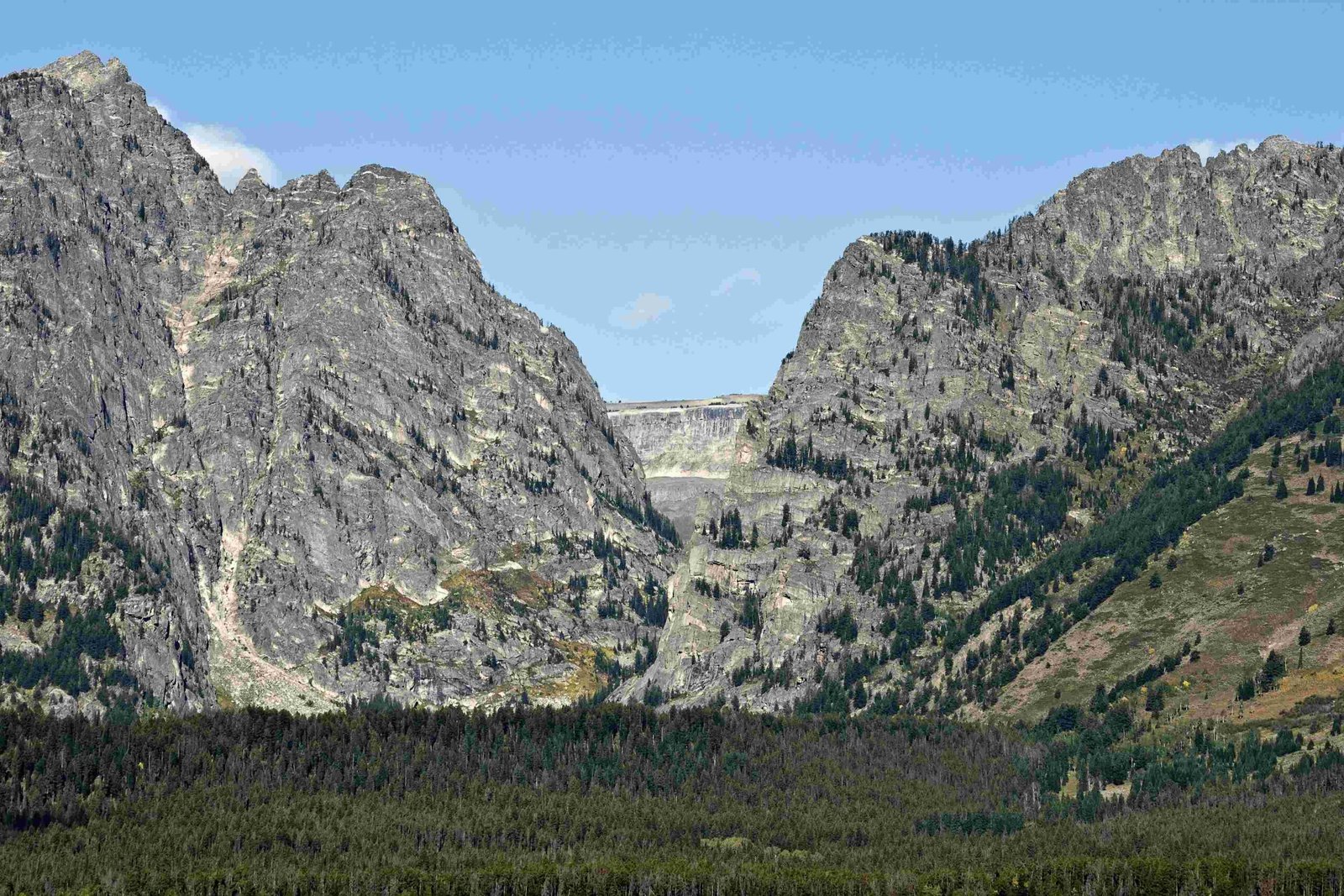Grand Teton National Park offers an extraordinary wilderness experience with breathtaking mountain landscapes, diverse wildlife, and photographic opportunities that challenge and inspire outdoor enthusiasts. Nestled in northwestern Wyoming, this park demands strategic planning, specialized equipment, and deep respect for its natural ecosystem. Visitors can capture stunning mountain reflections, encounter wildlife in their natural habitat, and explore challenging hiking trails that reveal the park’s magnificent terrain.
What Makes Grand Teton National Park Unique?

Grand Teton National Park spans approximately 310,000 acres of pristine wilderness, featuring the dramatic Teton mountain range rising abruptly from the Jackson Hole valley. The park’s ecosystem supports an incredible diversity of wildlife and offers multiple recreational opportunities for photographers, hikers, and nature lovers.
Photography Strategies
How to Capture Stunning Mountain Landscapes?
| Photography Element | Recommended Approach |
|---|---|
| Best Time | Golden Hour/Blue Hour |
| Recommended Lens | Wide-angle (12-24mm) |
| Filters | Graduated Neutral Density |
| Tripod | Sturdy, Lightweight |
Key Photography Locations:
– Schwabacher’s Landing
– Oxbow Bend
– Snake River Overlook
– Teton Point Overlook
Wildlife Photography Techniques
- Use telephoto lens (200-500mm)
- Maintain safe distance (100 yards from large mammals)
- Be patient and quiet
- Shoot during early morning/late evening
Hiking Recommendations
Which Trails Offer Best Experiences?
Moderate Difficulty Trails:
– Cascade Canyon Trail (9.5 miles)
– Taggart Lake Trail (3.5 miles)
– Jenny Lake Loop (7.2 miles)
Essential Hiking Gear:
– Sturdy hiking boots
– Layered clothing
– Bear spray
– Topographic map
– Sufficient water
– Emergency first-aid kit
Wildlife Viewing Best Practices
Where to Observe Animals Safely?
Prime Wildlife Locations:
– Moose-Wilson Road
– Oxbow Bend
– Schwabacher’s Landing
Safety Guidelines:
– Maintain minimum distance from animals
– Never feed wildlife
– Carry bear spray
– Move slowly and quietly
– Use binoculars for observation
Camping Essentials
How to Plan Your Overnight Stay?
Campground Recommendations:
– Jenny Lake Campground
– Colter Bay Campground
Reservation Tips:
– Book through recreation.gov
– Reserve early during peak season
– Check amenities beforehand
Seasonal Considerations
When to Visit Grand Teton?
| Season | Characteristics | Recommended Activities |
|---|---|---|
| Summer | Warm, Crowded | Hiking, Photography |
| Fall | Cool, Less Crowded | Wildlife Viewing |
| Winter | Cold, Snowy | Skiing, Snow Photography |
| Spring | Mild, Blooming | Wildlife Emergence |
Pro Tips for Park Exploration
- Check weather forecasts regularly
- Carry multiple layers of clothing
- Stay hydrated
- Respect park regulations
- Practice Leave No Trace principles
Final Recommendations

Grand Teton National Park offers an unparalleled wilderness experience. Proper preparation, respect for nature, and a sense of adventure will ensure an unforgettable journey through this magnificent landscape.

